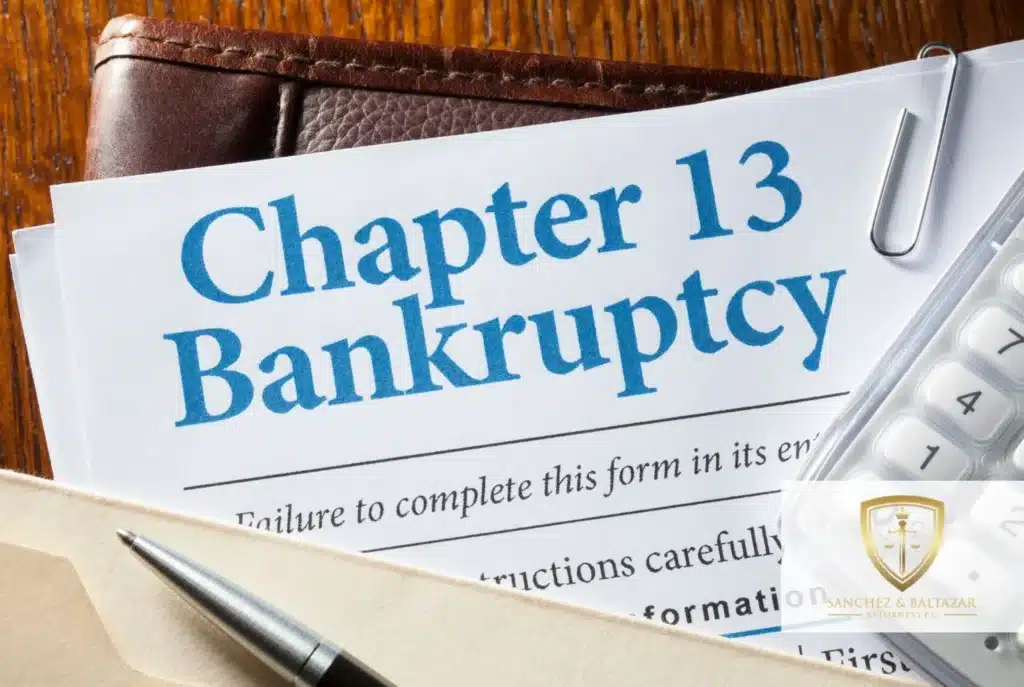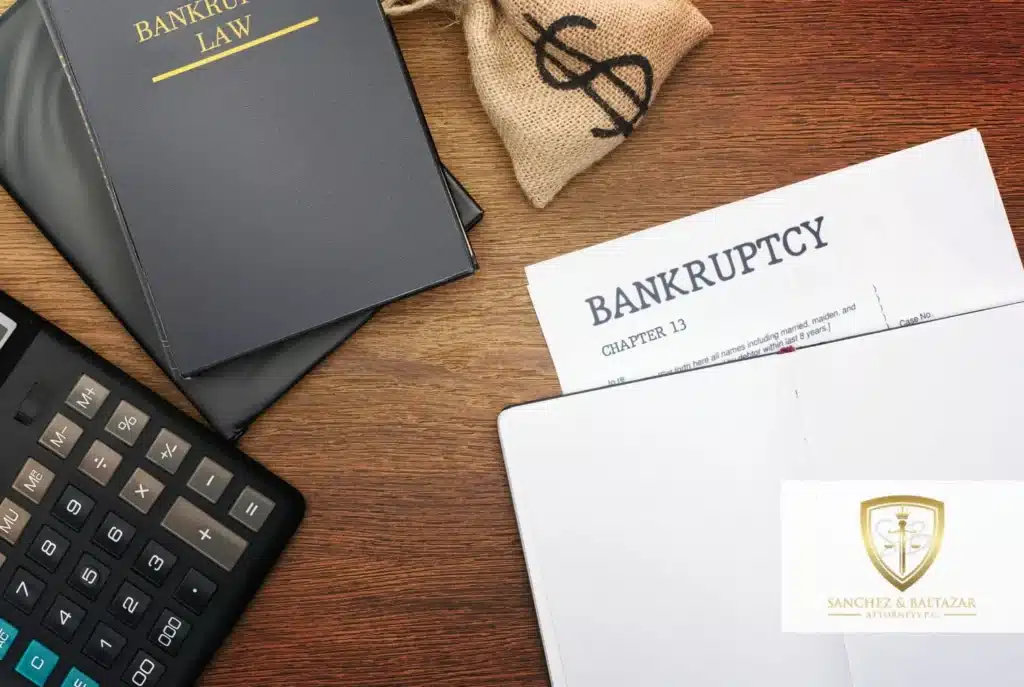Many people wonder: why do people file bankruptcy? The truth is, there isn’t just one reason—there are many other reasons people find themselves in this position. Bankruptcy is a legal process designed to provide debt relief when unmanageable debt becomes overwhelming. It can offer individuals a fresh financial start, but it also comes with a negative impact on credit history, credit report, and even access to a bank account or secured credit card in the future.
Key Takeaways
- Bankruptcy provides debt relief but comes with trade-offs — while it can offer a fresh financial start, it also has a negative impact on credit history and future borrowing opportunities.
- Not all debts can be discharged — obligations like child support, certain taxes, and most federal student loans remain even after filing.
- There are alternatives before filing — credit counseling, a debt management plan, and financial planning may help manage money and expenses without entering bankruptcy court.
Common Reasons People File for Bankruptcy
- Medical Bills
One of the most common causes of filing bankruptcy is unexpected medical bills. Even with insurance, expenses can spiral out of control, leaving debtor’s property, income, and wages at risk. - Job Loss and Reduced Income
When someone loses a job or no longer has regular income, paying loans, mortgages, and other debts becomes difficult. Foreclosure or wage garnishment may follow, making a bankruptcy filing one of the only ways to protect assets. - Student Loans and Other Debt
While federal student loans are difficult to discharge except under undue hardship, they often contribute to an overwhelming financial situation. Combined with credit card debt, personal injury caused expenses, and other debt, they can push people toward filing for bankruptcy. - Unexpected Personal Injury or Life Events
A serious personal injury, divorce, or family emergency can create expenses and payments that exceed what someone can pay. - Debt Accumulation
Generally speaking, most debts—such as unsecured debt, creditors’ claims, and unpaid taxes—can build up over time. A repayment plan or debt management plan may help, but if those fail, bankruptcy becomes a last resort.
The Bankruptcy Process
The bankruptcy process is overseen by the United States Courts under the bankruptcy code and bankruptcy laws. Before a bankruptcy filing, debtors must complete required credit counseling with a credit counselor. Official forms and an administrative fee are also part of the process.
Depending on the situation and state law, debtors may file under:
- Chapter 7 – Allows many debts discharged quickly, though not all debts qualify. Certain exempt property can be kept, while other assets may be sold.
- Chapter 13 – Involves a payment plan or repayment plan that allows debtors with income to repay creditors over time.
In both cases, filing provides temporary relief, but it does not eliminate child support or certain taxes.
After Filing Bankruptcy
While bankruptcy offers a clean slate and a fresh start, it also impacts credit, credit history, and future ability to qualify for loans or other debt. Some debtors may enter into a reaffirmation agreement to keep property like cars or homes. Others may rebuild slowly through financial planning and the use of a secured credit card.
Bankruptcy Is Not the Only Option
Before considering bankruptcy, individuals can explore credit counseling, a debt management plan, or financial planning to better manage money, expenses, and payments. However, for many, bankruptcy remains the only way to resolve unmanageable debt and move forward with relief and a fresh start.
Contact us at SB Legal if you are considering bankruptcy. We offer a free initial consultation in Los Angeles!
Frequently Asked Questions
How long does a bankruptcy stay on my credit report?
A Chapter 7 bankruptcy generally stays on your credit report for 10 years. On the other hand, a Chapter 13 bankruptcy usually remains for 7 years. During that time, it may be more difficult to qualify for loans or credit.
What happens to my property if I file bankruptcy?
Under the bankruptcy code, some assets are considered exempt property, meaning you can keep them, while non-exempt assets may be sold to repay creditors. What counts as exempt depends on state law.
Do I need a lawyer to file for bankruptcy?
While it’s possible to file on your own using official forms, many people choose to work with an attorney or credit counselor to navigate the bankruptcy process, understand payment plan options, and ensure compliance with bankruptcy laws.


